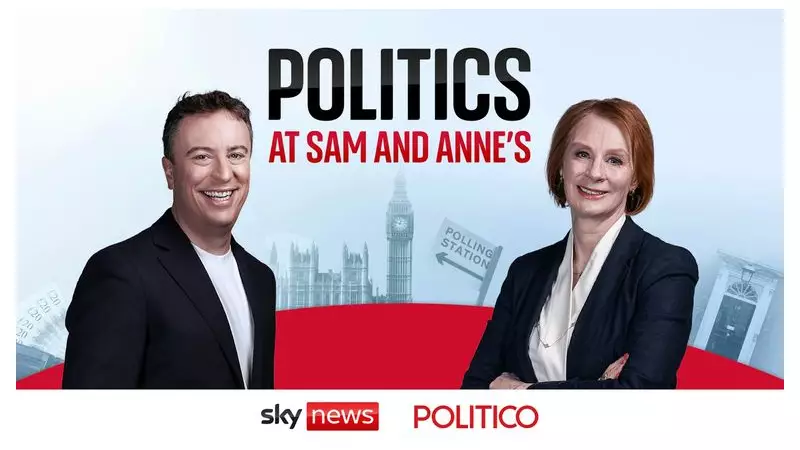
In a dramatic confrontation that set social media alight, Nigel Farage delivered a devastating critique of Labour's economic platform, dismissing what he termed "Kemi-nomics" as nothing more than Conservative policies repackaged in red.
The Clash That Defined the Debate
The Reform UK leader didn't hold back during Thursday's heated election special, telling Sir Keir Starmer directly: "You've completely bought into the agenda of the Conservative party." Farage's sharpest barbs were reserved for shadow chancellor Rachel Reeves, whom he accused of essentially copying her Tory counterpart's playbook.
"What is the difference between Rachel Reeves and Jeremy Hunt?" Farage challenged, before delivering his punchline: "The answer is, not a great deal."
Birth of 'Kemi-nomics'
The memorable term "Kemi-nomics" emerged as Farage analysed what he sees as Labour's wholesale adoption of business secretary Kemi Badenoch's economic framework. His analysis suggested that Labour had abandoned any pretence of traditional left-wing economics in favour of a centrist approach indistinguishable from their political opponents.
This wasn't just political point-scoring - Farage positioned it as evidence of a fundamental realignment in British politics, with Reform UK now claiming the mantle of genuine opposition to the established economic consensus.
Social Media Erupts
The exchange immediately went viral, with #Kemi-nomics trending across multiple platforms. Viewers were divided between those who saw Farage's analysis as brutally accurate and others who dismissed it as political theatre.
What's clear is that this moment has crystallised the argument Reform UK wants to make: that there's little meaningful choice between the two main parties on economic matters, and that only they offer a genuine alternative.
As the election campaign enters its final crucial days, this clash over economic philosophy may prove pivotal in convincing undecided voters where the real political battle lines are drawn.





